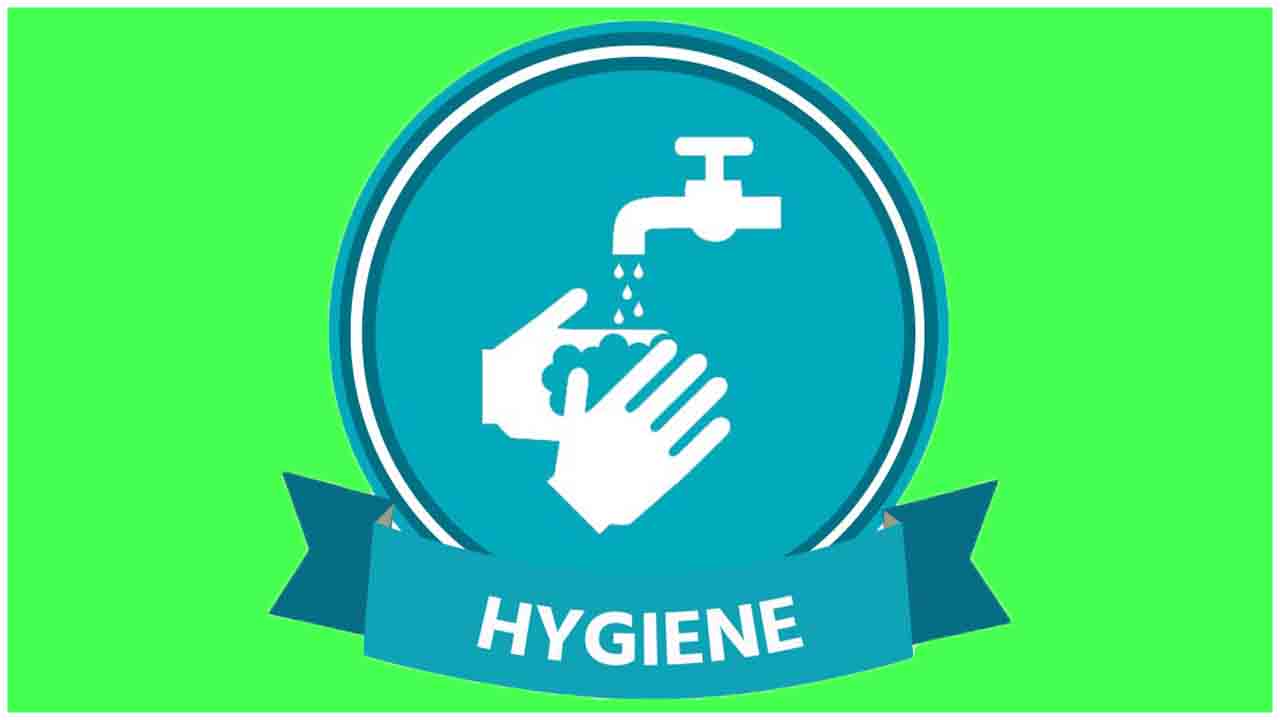In 1962, Nobel Prize winner Frank Macfarlane Burne wrote “To write about infectious disease is almost to write of something that has passed into history”. Around the same time, the US Surgeon General is alleged to have said “it is time to close the book on infectious diseases, declare the war against pestilence won, and shift national resources to such chronic problems as cancer and heart disease”. In 2018 such statements seem truly astounding, but reflect the ground swell of opinion at that time which heralded declining investment on infectious disease issues and public hygiene education during the latter half of the C20th. The belief, at that time, that we could rely on vaccines and antibiotics until freedom from infectious disease was attained, and that teaching our children about hygiene was no longer important, is hard to comprehend.
Now,according to a new Position Paper published in the American Journal of Infection Control online, improved everyday hygiene practices, such as handwashing, can help to significantly reduce the risk of common infections. Evidence shows risk reduction can be up to 50%. With the increased hygiene efforts being deployed to delay the spread of COVID-19, the Global Hygiene Council's (GHC) public health experts are now calling for even greater attention to improved hygiene behaviour in homes and communities to help reduce the spread of infection.
This Position Paper, developed on behalf of the GHC, explores evidence that following everyday hygiene measures in homes and community settings (including workplaces, universities, schools, nurseries, on public transport and during shopping and leisure activities) can play a vital role in containing and delaying the threat from infectious microorganisms. Multiple studies demonstrate that harmful bacteria and viruses can be transferred from an infected individual to other people via hands and frequently touched surfaces and can survive in enough numbers to cause an infection.
Regular handwashing and surface disinfection are key hygiene measures that can help reduce the levels of microorganisms on hands and frequently touched surfaces. Adopting a hygienic approach in our homes and everyday lives offers a way to maximise protection against infection, at the times and places where there is the greatest risk of transmission.
According to the lead author, Jean-Yves Maillard, Professor of Pharmaceutical Microbiology at the School of Pharmacy and Pharmaceutical Sciences, at Cardiff University; "In light of the current COVID-19 pandemic and evidence presented in this Paper, it is more urgent than ever for us all to recognise the role of community hygiene to minimise the spread of infections. This also helps to reduce the consumption of antibiotics and helps the fight against antimicrobial resistance."
At this time of increased concern, the Global Hygiene Council is calling for health agencies and healthcare professionals to recognise the importance of advising the public of the importance of hygiene in their home and community settings to minimise the spread of infections.
The Global Hygiene Council is supported by RB, global leaders in health and hygiene products.

 Henceforth, Hygiene will play an important part in deciding how we get infected
Henceforth, Hygiene will play an important part in deciding how we get infected 


































